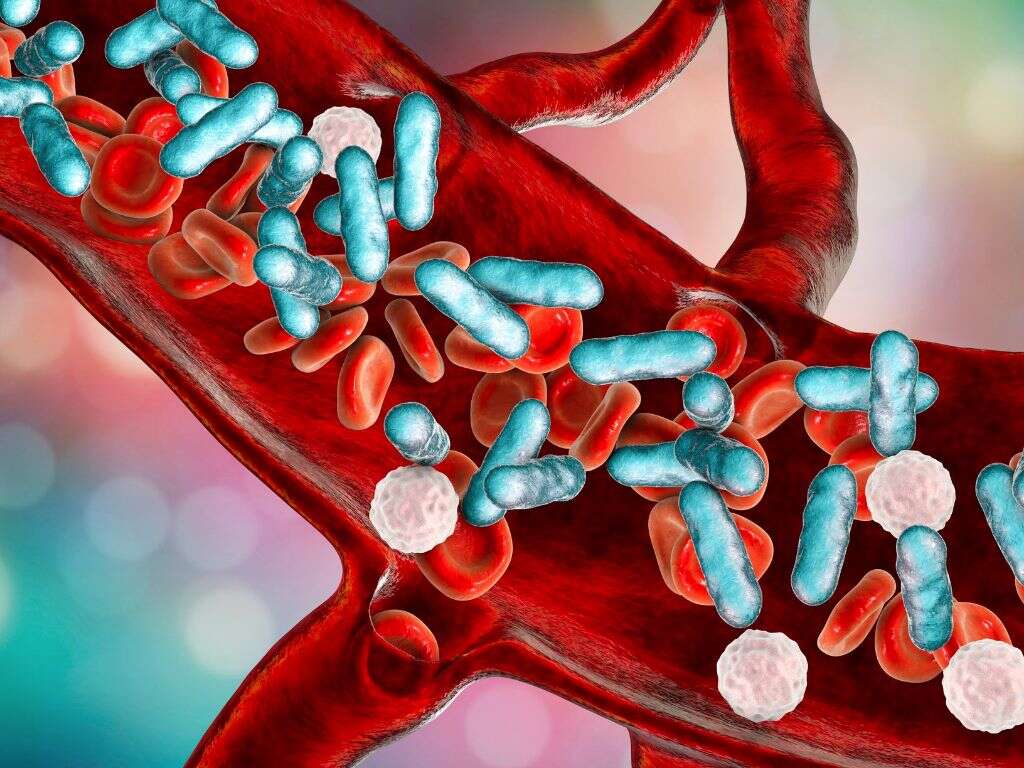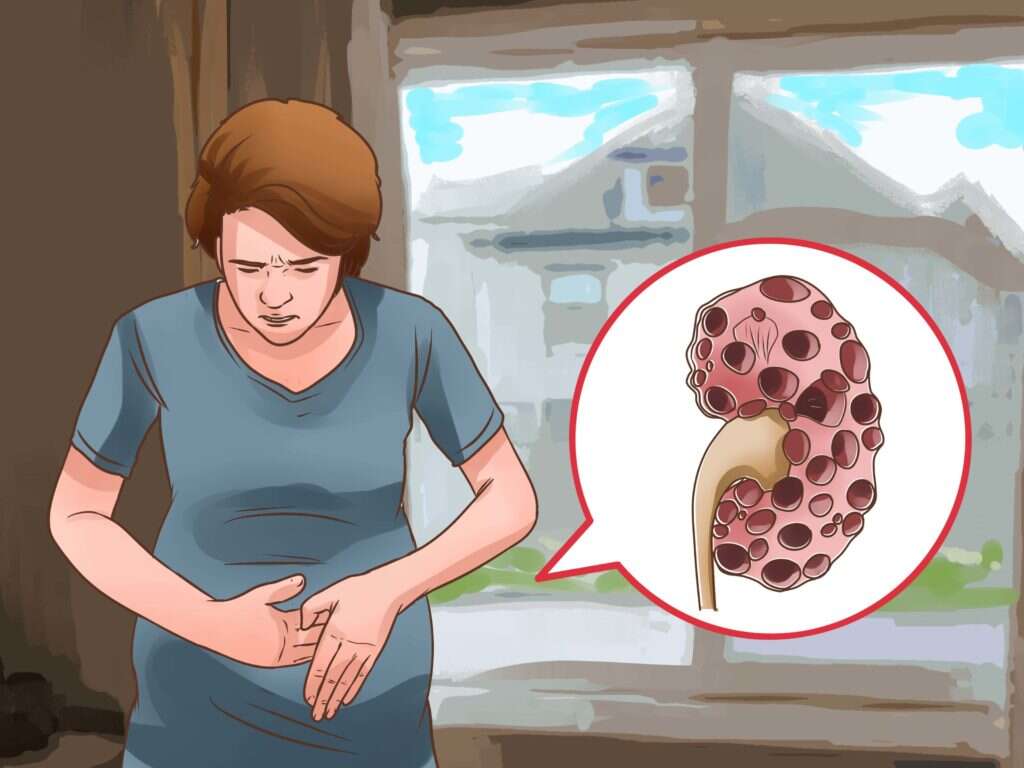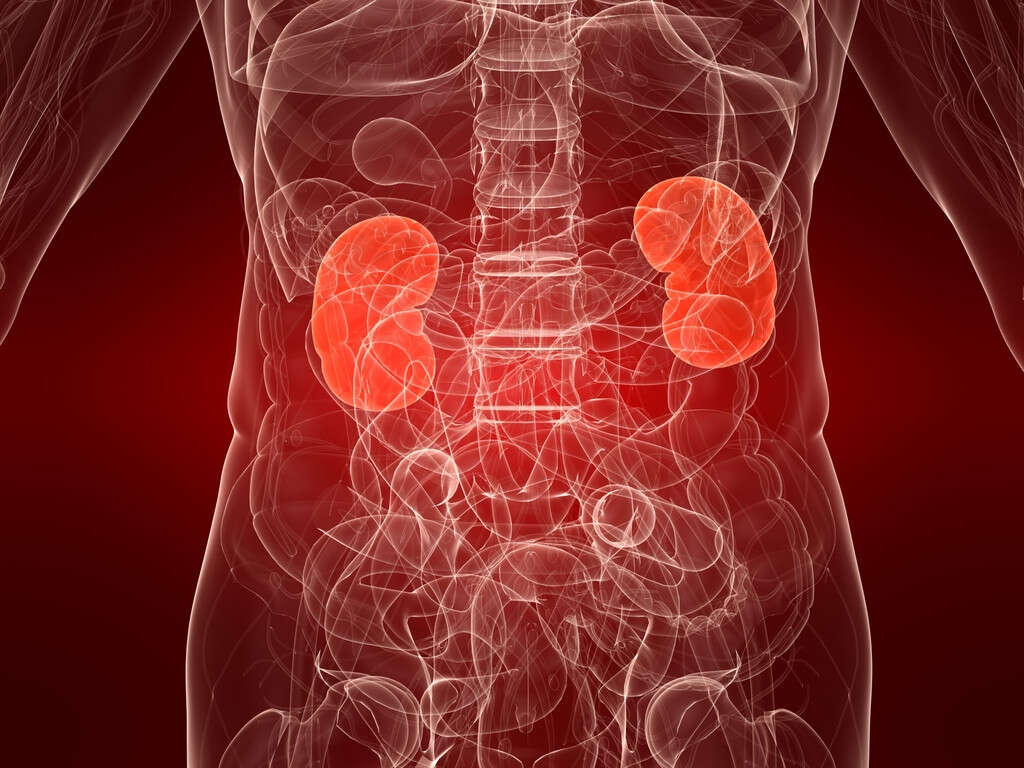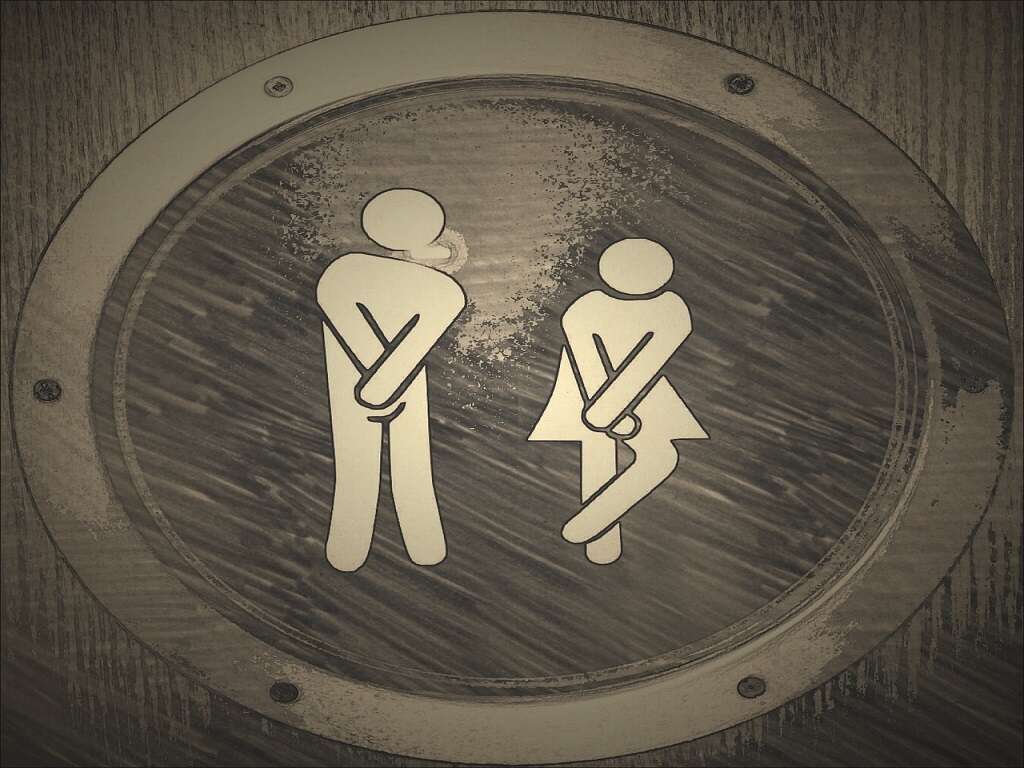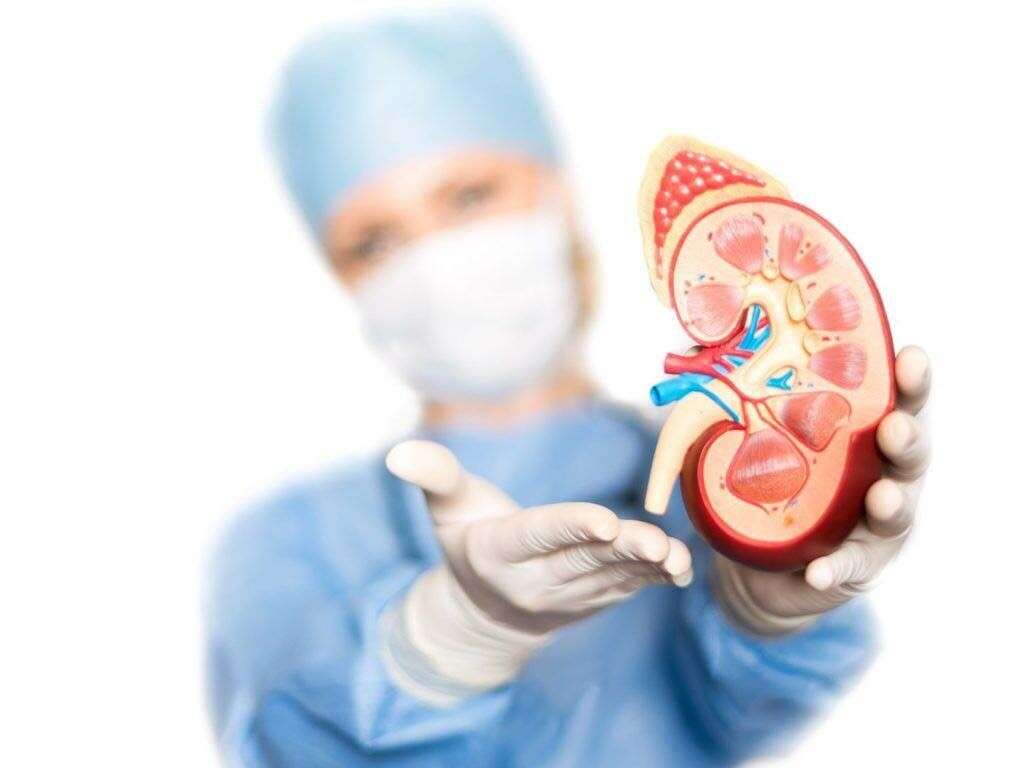10 Kidney Failure Symptoms
Kidney failure or end-stage renal disease occurs when the kidneys no longer function. It can be generally categorized into acute and chronic kidney failure.
Acute failure develops rapidly and can be caused by urinary tract blockage, low blood pressure, side effects of medications, hemolytic uremic syndrome, and muscle breakdown. Diagnosis is based on factors such as increased serum creatinine and decreased production of urine. Treatment depends on the underlying cause. It is estimated to affect about 3 per 1,000 individuals annually in the United States. Acute kidney failure is usually reversible.
Chronic kidney failure is long term and can be caused by high blood pressure, diabetes, polycystic kidney disease, and nephrotic syndrome. Diagnosis is made based on the glomerular filtration rate or the requirement of renal replacement therapy. Treatment generally involves hemodialysis, peritoneal dialysis, or a kidney transplant. It has been estimated by the National Institute of Diabetes and Digestive and Kidney Diseases (NIDDK) that about 1 in 10 Americans has some degree of chronic kidney disease. A systematic review has found a consistent estimated global chronic kidney disease prevalence of 11 to 13 percent.

Symptom #1: Nausea and Vomiting
Nausea refers to the unpleasant sensation where there is an urge to vomit. It can be a debilitating symptom as it places significant discomfort on the chest, back of the throat, and upper abdomen. Vomiting occurs when there is involuntary expulsion of stomach contents through the mouth and nose.
Both nausea and vomiting are common and nonspecific symptoms that have many causes. Examples include gastroenteritis, motion sickness, and pregnancy. Both symptoms may also occur in kidney failure patients due to the excessive buildup of urea in the body as the kidneys are no longer functioning enough to excrete urea.

Symptom #2: Diarrhea
Diarrhea occurs when there is at least three or more episodes of loose, watery, or liquid bowel movements a day. Diarrhea usually lasts several days and, in severe cases, can lead to dehydration due to excessive loss of fluid. Symptoms can include loss of skin color, decreased urination, tachycardia, and decrease in responsiveness.
The commonest cause of diarrhea is an intestinal infection due to bacteria, virus, or parasite. Other possible causes are irritable bowel syndrome, lactose intolerance, celiac disease, hyperthyroidism, and side effects of medication. It can also affect kidney failure patients due to excessive accumulation of urea levels in the blood as the kidneys can no longer excrete it.

Symptom #3: Nocturia
Nocturia refers to the complaint where the affected individual has to wake up at night more than once to urinate. The two main mechanisms causing nocturia are vesical issues and hormone imbalances.
Nocturia can be divided into four primary causes: nocturnal polyuria (nephritic syndrome, liver failure, congestive heart failure), global polyuria (diabetes insipidus and diabetes mellitus), bladder storage disorders (neurogenic bladder dysfunction, anxiety disorders, prostatic obstruction), and mixed cause. In kidney failure patients, nocturia is a possible symptom due increased sodium excretion in the urine which is secondary to blood pressure not decreasing at night. This “non dipping” of blood pressure is common in those with chronic kidney disease.

Symptom #4: Muscle Cramps
Muscle cramps occur when there is an involuntary muscle contraction. There can be associated paralysis-like immobility and significant pain. Muscle cramps usually occur due to strenuous physical activity. Other causes include decreased levels of electrolyte which include sodium, magnesium, and potassium.
In patients with kidney failure, muscle cramps may occur from an imbalance of electrolytes (particularly sodium and calcium) as the kidneys are no longer able to function properly.

Symptom #5: Hyperkalemia
Hyperkalemia or high serum potassium occurs when the serum potassium levels increase above 5.5 mmol/l. It can lead to muscle pain, numbness, weakness, palpitations, and an abnormal heart rate. In severe cases, it can also lead to cardiac arrest and death.
Some causes of hyperkalemia are rhabdomyolysis, hypoaldosteronism, and kidney failure. It can also occur due to medication such as nonsteroidal anti-inflammatory drugs (NSAIDs), angiotensin converting enzyme (ACE) inhibitors, and spironolactone. In kidney failure, hyperkalemia occurs when the diseased kidneys are unable to function properly, resulting in a buildup of potassium.

Symptom #6: Edema
Edema occurs when there is abnormal and excessive fluid accumulation in the interstitium. Clinically, edema appears as swelling. Pitting edema occurs when there is cutaneous edema. When pressure is applied to a localized area, it results in an indentation. This is more commonly seen at the peripheries.
It can be caused by pregnancy and other systemic diseases such as heart failure, liver failure, or kidney failure. It can also be seen in local conditions such as thrombophlebitis, dermatitis, varicose veins, and insect bites. Edema occurs in kidney failure patients due to failure of the kidneys to remove excessive fluid from the body.

Symptom #7: Shortness of Breath
Shortness of breath or dyspnea refers to the feeling where one is unable to breathe well enough. It is a feeling of discomfort resulting in air hunger, chest tightness, and increased effort needed to breathe. It can be normal as part of a physiological process due to exertion. However, it is pathological if there is little to no exertion. It can be seen in cases such as interstitial lung disease, congestive heart failure, pneumonia, asthma, and chronic obstructive pulmonary disease.
In kidney failure patients, shortness of breath can be attributed to anemia (low levels of erythropoietin) and the accumulation of extra fluid in the lungs (failure of kidneys to remove excessive fluid). Patients with kidney failure who experience shortness of breath should seek medical attention as soon as possible.

Symptom #8: Fatigue and Hypotension
Fatigue occurs when there is an overall lack of energy and tiredness. Individuals who are fatigued usually have no motivation or energy. Individuals who experience fatigue may appear to be sleepy or drowsy. It is a common symptom that can be seen in various conditions or situations. Examples include dehydration, inadequate sleep, and stress.
Hypotension or low blood pressure can be defined as having a systolic blood pressure of less than 90 mmHg or diastolic blood pressure of less than 60 mmHg. Both fatigue and hypotension may occur among kidney failure patients due to anemia, attributed to low levels of erythropoietin.

Symptom #9: Sleeping Issues
Sleep issues are common among patients who have chronic kidney disease, especially those who have kidney failure. It is estimated that about 80 percent of patients with kidney failure on dialysis experience sleep complaints. The most commonly reported symptom would be daytime sleepiness.
While sleeping disorders are a known issue among patients with kidney failure, there is very little known about the mechanisms that cause this. Experts have postulated that it may be due to the sympatho-vagal imbalance resulting in decreased vagal tone and hyperactivity of the sympathetic nervous system. Other contributing factors include anxiety, sadness, inadequate dialysis clearance causing discomfort, and sleep apnea.

Symptom #10: Skin Hyperpigmentation
Skin hyperpigmentation refers to the state when there is darkening of the skin due to increased melanin. It can be caused by conditions where there is inflammation, sun damage, and skin injuries. It can also be scarring from acne. Hyperpigmentation is more likely to occur among individuals who have darker skin tones, especially when there is excess sun exposure. Melanin is produced by melanocytes that are located in the lower layer of the epidermis. Some causes of hyperpigmentation include Cushing’s disease, Addison’s disease, acanthosis nigricans, and melasma.
In kidney failure, skin hyperpigmentation occurs due to the retention of urochromes in the skin, resulting in an almost metallic color skin that may also appear grayish. Patients with kidney failure may also have uremic frost, a white and powdery substance that appears on the skin surface after sweat dries.




